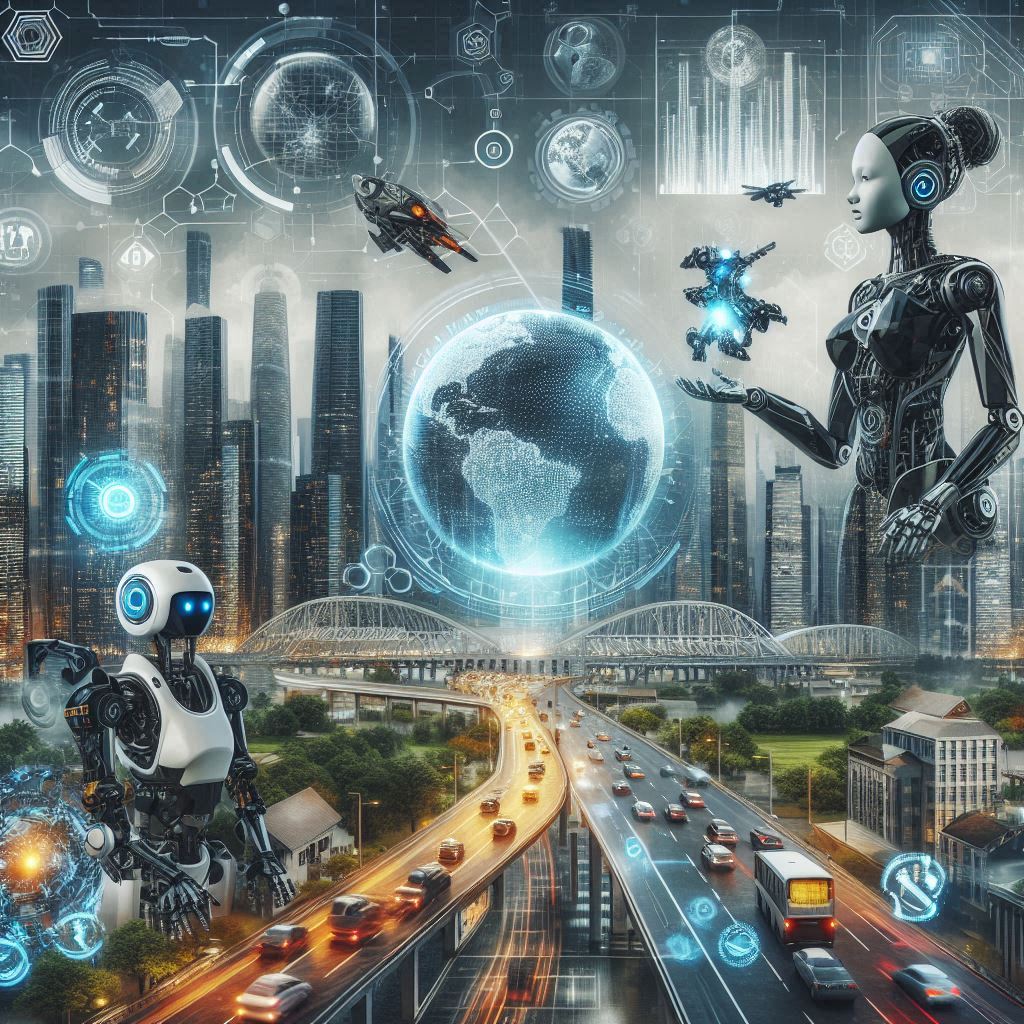
The Paradox of Artificial Intelligence in Business
In last September's issue, Time magazine featured the 100 most influential people in the field of artificial intelligence (artificial intelligence/AI). Among the figures discussed is OpenAI CEO Sam Altman, who is perhaps the most influential person in the field of AI today. Another TIME100 AI figure is Sneha Revanur, an 18-year-old girl who leads Encode Justice, a youth movement that focuses on ethical issues related to AI. Also not forgetting is the godfather of AI, Geoffrey Hinton who is 76 years old.
The topic of AI has been on the cover of this bi-weekly magazine, which was first published on March 3, 1923, several times. In the June 2023 issue, Time featured the provocative title ”End of Humanity” with text images from ChatGPT. The coverage was criticized by many as fake news: “Not only is it highly inaccurate, it is dangerous.” Some think Time's editors overexposed AI. Some critics cynically state that the threat of AI-induced disaster has not yet appeared openly except in films such as Avengers: Age of Ultron.
Despite the controversy, AI is actually everywhere. Society has long used and utilized AI in everyday life. Social media users, starting from Facebook, X (Twitter), Line, and Instagram, are guided by AI to get references regarding decisions when determining search topics, interactions, video views, and etc. Some people are used to using Google Assistant, a smart assistant that can be commanded via voice to do various things, from opening applications, playing music, opening walking routes, to sending e-mails. AI in music content streaming services, such as Spotify or YouTube, will recommend songs and videos according to user behavior. Google Maps as travel navigation also uses AI to interpret hundreds of thousands of data points received to provide traffic data information in real time. In short, AI has become an everyday part of people's lives.
Read more from Dr. Zainal Arifin article on Manajemen ISMS Column at kompas.id -click here-
